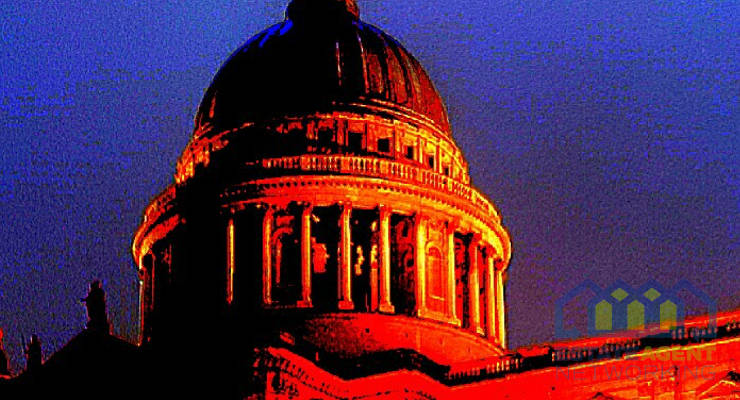Mansion tax would hit London hardest
Mansion tax would hit London hardest, as capital accounts for 66% of all homes sold above £2m so far this year
The latest data insight from Enness Global has revealed that, should the Chancellor introduce a 1% annual mansion tax on properties valued over £2 million, the measure would overwhelmingly target London homeowners, with two-thirds of qualifying transactions this year occurring in the capital alone.
Enness Global analysed Land Registry sold price records, looking at transactions to have completed so far this year (Jan to Sept – latest available), revealing what proportion of homebuyers could be hit by the introduction of a mansion tax.
The research shows that across England and Wales, 1,434 homes have sold for more than £2 million so far this year. While this accounts for just 0.4% of all homes sold, Enness estimates that the annual tax owed on these sales alone would total over £20 million, based on the value portion above £2 million and the rumoured 1% levy.
A tax on London
Enness Global’s analysis highlights that the impact would be concentrated almost entirely on London.
Of the 1,434 homes sold over £2 million across England and Wales this year, 66% (940 transactions) were in London. The 940 London homes sold above the £2m threshold also equates to 2.3% of all homes sold in the capital so far this year, compared with just 0.4% nationally.
This means London’s homeowners would shoulder the vast majority of any mansion tax revenue, with the estimated total annual charge on just those homes sold over £2 million so far this year totalling £15.8 million.
Prime London could see demand distortions
Of course, it’s London’s prime neighbourhoods that would be hardest hit by a potential mansion tax. Further analysis, conducted by Enness Global, found that across London as a whole, 8% of homes currently listed for sale boast an asking price above £2m. However, across the prime London market, this proportion climbs to 35%.
Homebuyers and sellers in Mayfair would be most exposed, with 78% of all available homes currently listed above £2 million. Knightsbridge follows closely at 61%, ahead of Belgravia (58%), Chelsea (40%), Fitzrovia (39%), and Marylebone and Kensington (38%).
According to Enness Global, the introduction of an annual mansion tax could prompt notable behavioural changes in these markets. Sellers may seek to adjust asking prices below the £2 million threshold to attract demand, while buyers could become more hesitant in segments of the market exposed to such a recurring annual cost.
Islay Robinson, CEO of Enness Global, commented:
“Any proposal for an annual mansion tax risks unfairly targeting London homeowners and undermining one of the capital’s most important markets.
Beyond fairness, there’s also the question of market function. The introduction of such a levy could distort pricing behaviour and deter both domestic and international investment at a time when the UK needs to encourage capital inflows and restore housing confidence.
At Enness Global, we understand the delicate balance between fiscal policy and financial stability. While additional taxation may appear politically expedient, the real-world consequences can often extend well beyond the headline revenue figures – particularly in markets as globally interconnected as London.”









